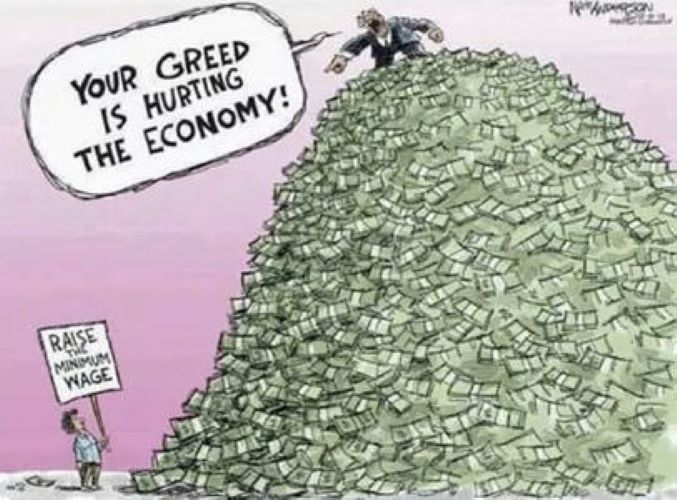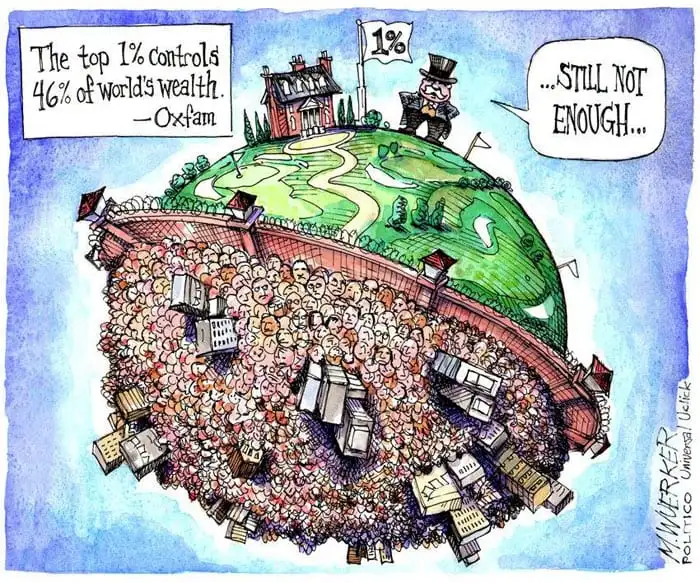
While neoliberalism has been lauded for its focus on economic efficiency and individual liberty, its criticisms are rooted in concerns about rising inequality, weakened social safety nets, financial instability, and erosion of democratic decision-making
SHOUKAT LOHAR
Neoliberalism, as an economic and political ideology, has gained significant prominence in the past few decades. While it has been praised for its emphasis on free markets, individual liberty, and economic growth, neoliberalism has also faced substantial criticism. Let’s attempt to explore the merits and demerits of neoliberalism, examine the reasons behind its criticism, and analyze its potential implications. Recent references will be incorporated to provide a contemporary perspective.
Merits of Neoliberalism
- Economic Growth: Neoliberalism promotes market-oriented policies such as deregulation, privatization, and trade liberalization, which are believed to stimulate economic growth. Proponents argue that this growth leads to increased job opportunities, higher standards of living, and poverty reduction.
- Individual Liberty: Neoliberalism emphasizes personal freedoms, limited government intervention, and the protection of individual rights. This ideology advocates for free choices in the marketplace, allowing individuals to pursue their own economic interests and maximize their potential.
- Efficiency and Innovation: By encouraging competition and reducing bureaucratic hurdles, neoliberalism aims to enhance efficiency and foster innovation. Proponents argue that market competition leads to improved productivity, quality, and technological advancements.

Criticisms of Neoliberalism
- Rising Inequality: One of the most significant criticisms of neoliberalism is its association with widening income inequality. Critics argue that neoliberal policies tend to concentrate wealth and power in the hands of a few, exacerbating social disparities and marginalizing vulnerable populations. Recent studies have shown a rise in income inequality in many countries, including the United States and the United Kingdom.
- Social Safety Nets: Neoliberal policies often entail reductions in public spending on social welfare programs such as healthcare, education, and pensions. Critics argue that this leads to insufficient safety nets and increased social vulnerability, particularly for disadvantaged groups. The COVID-19 pandemic has highlighted the importance of robust social safety nets to protect individuals during times of crisis.
- Financial Instability: Neoliberalism’s emphasis on deregulation and liberalization of financial markets has been blamed for contributing to economic crises. The 2008 global financial crisis, triggered by lax financial regulations and excessive risk-taking, is often cited as an example. Critics argue that neoliberal policies prioritize short-term profit-seeking over long-term stability.
Reasons for Criticism
- Impact on Democracy: Critics argue that neoliberalism’s emphasis on market forces undermines democratic decision-making by prioritizing corporate interests over public welfare. They argue that neoliberal policies often favor powerful corporations and financial institutions, leading to a concentration of economic and political power.
- Environmental Concerns: Neoliberalism’s reliance on perpetual economic growth and market mechanisms is seen by some as incompatible with environmental sustainability. Critics contend that neoliberal policies prioritize profit-seeking at the expense of environmental conservation and long-term ecological well-being.
- Cultural Homogenization: Neoliberal globalization has been accused of eroding cultural diversity and promoting a homogenized consumer culture. Critics argue that multinational corporations, enabled by neoliberal policies, exert significant influence over local cultures, leading to the loss of traditional practices and values.
Implications
While neoliberalism has been lauded for its focus on economic efficiency and individual liberty, its criticisms are rooted in concerns about rising inequality, weakened social safety nets, financial instability, and erosion of democratic decision-making, environmental impact, and cultural homogenization. These concerns reflect a broader debate about the balance between neoliberalism, its merit, demerits and criticism.
________________
 Shoukat Lohar is Assistant professor in English at Mehran University of Engineering and Technology Jamshoro. He can be reached at Shoukat.ali@faculty.muet.edu.pk
Shoukat Lohar is Assistant professor in English at Mehran University of Engineering and Technology Jamshoro. He can be reached at Shoukat.ali@faculty.muet.edu.pk